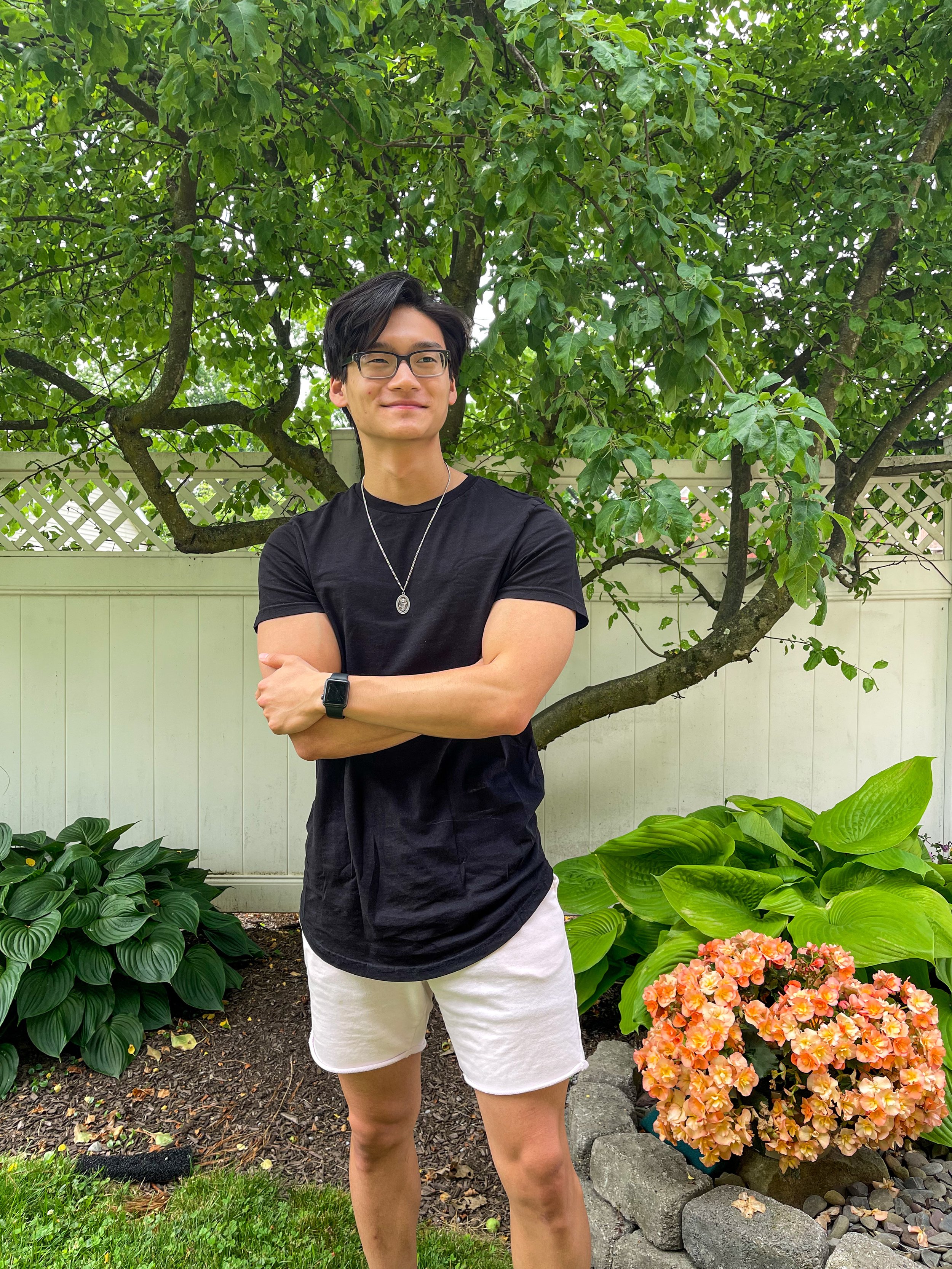Applying to Conservatory
what you need to know, and what you don’t need to know.
Last fall, I began my first semester of college at the New England Conservatory of Music. What does that mean?
There is a lot of obscurity surrounding the term “conservatory,” and what it means to be a student at one, both from the perspectives of non-music people and of aspiring high school musicians. Even during my application process, I felt like I was going in blind - I had no idea what to expect: teachers, education, daily schedule, environment…all were unknowns and anxieties at first.
Unfortunately, I think it’s safe to say that most potential conservatory students feel this disorientation surrounding the application process as well. Therefore, I thought it might be fitting share the knowledge I now have of the application process being on the other side of it now.
what you need to know.
Having gone through the application process, and having had plenty exposure to conversations with peers and teachers about their views on it, I’ve decided that there is a pretty consistent list of criteria that will help you in your application process (listed in reverse order of importance).
1) Solid academic performance
2) Playing ability
3) Curiosity
4) Are you a good person?
5) Are you teachable?
I’m assuming that a lot of you are surprised to see that your grades and playing ability rank below the things that make up your personality and character. In some cases, the best players are often passed on in order to acquire the curious, kind, and quick learner.
The students who exhibit this inner drive and immense desire to learn most often have a much a higher potential than those with natural talent, an arrogant personality, and a closed mind.
In my experience, teachers are searching for the students that have the best personalities, the highest potential and means of working to surpass it, and a solid playing foundation.
Am I saying that you don’t need to practice? Of course not, How well you play is a testament to how hard you are willing to work throughout the course of your career, which is something teachers are assessing when working with you through your application process. My point is: don’t exclude the other facets of life that make you who you are.
what you don’t need to know.
I remember feeling so stressed out throughout seemingly every step of the process, obsessed over choosing the right school, the right city, the right teacher, attempting to predict my financial aid and weighing those factors…this was all before I had even submitted my applications, and it continued the whole way through April.
I’m not sure who may fine that relatable, but what I eventually learned as I made my decision in the spring is that you don’t have control over any of these factors.
I had tried to manipulate the situation in my head to form some strategy that would predict the future, but the reality is, you don’t have control over the outcomes.
Is it great to have a sense of what your goals are and a dream situation? Yes. However, it is very dangerous to waste so much of your energy trying to formulate some “plan” for your audition process, especially since it will take away from the task at hand - being as prepared as possible.
So, what you don’t need to know before you get your results is:
1) Who your teacher could be.
2) What schools could accept you.
3) What your financial aid could be.
These are all things to concern yourself with when you have your offers from the schools that have accepted you, the teachers who have offered you a spot in their studio, and the financial offers the schools have offered you.
It is impossible to predict these things before you have it on paper in March.
All you can do prior to and throughout the process is focus on everything I listed above! Be a good person, form connections with the teachers that interest you (trial lessons), and practice!
The rest will fall into place and you can react and plan accordingly.
“You can control your choices, but you can’t control the outcome of those choices.”
~ Howard G. Hendricks

